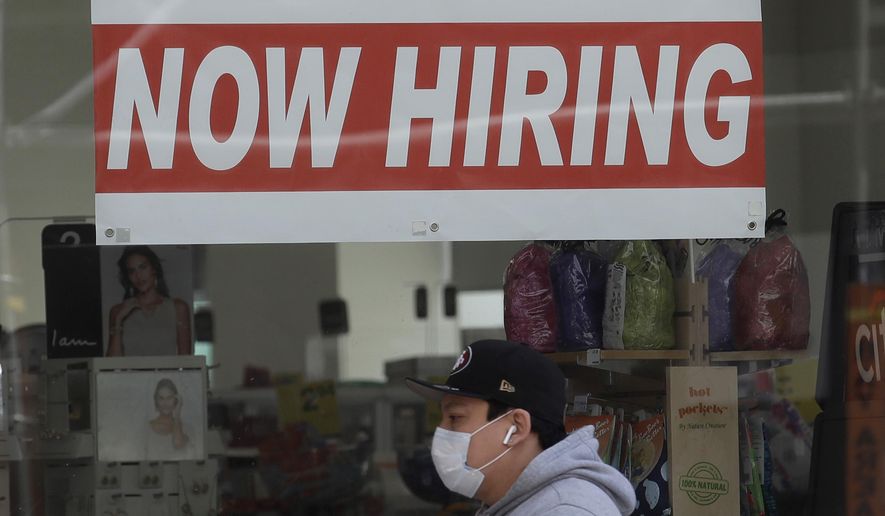Many employees who quit last year in the so-called Great Resignation are now reporting the Great Regret as Big Tech layoffs reduce coveted work-from-home positions.
Four-fifths of workers who left their jobs during the pandemic said they now regret it, according to a survey of 825 employees and 354 employers that the human resources firm Paychex released last month.
That share rose to 89% of those born after 1996. Although 68% of all job-hoppers told Paychex they tried to return to their former positions, only 27% of employers reported rehiring any of them.
“Those who chose to end their employment too quickly during the pandemic have been met with an unfortunate reality [that] the grass is not always greener,” said Trevor Bogan, a regional director of the workplace consulting firm Top Employers Institute.
Twenty-something workers seeking flexible remote positions with better salaries drove a record-high 50 million resignations last year, up from 47 million in 2021, according to the Bureau of Labor Statistics.
The tightening labor market has since left many pandemic-era quitters pining for their old employers, and some are still looking for work after months of searching.
In a survey released last summer, Joblist found that 26% of job seekers who quit regretted the decision. Of those, 42% said their new jobs hadn’t met their expectations.
Many quitters flocked to remote tech jobs that have grown scarce as the COVID-19 crisis fades, said Andrew Crapuchettes, CEO of Idaho-based recruitment agency RedBalloon.
“Big Tech was bloated with talent over the last three years,” Mr. Crapuchettes said. “Companies feasted on COVID subsidies and stimulus-fueled consumer demand, and they used their spending power to box out small employers from access to talent. But the great reckoning has arrived, leaving many of these larger companies gutted.”
The U.S. remains 2.8 million workers short of its labor force in February 2020, the last month before COVID-19 restrictions shuttered nonessential businesses, according to Bureau of Labor Statistics data.
Some resigned to seek better salaries in the same industry, and others left low-paying jobs in industries such as food service and retail.
Durable goods manufacturing, wholesale and retail trade, education, and health services “have more unfilled job openings than unemployed workers with experience in their respective industry,” the U.S. Chamber of Commerce reported in a Jan. 19 analysis of government data.
“For example, the leisure and hospitality industry has had the highest quit rate since July 2021, consistently above 5.2%,” the business lobbying group said. “The quit rate for the retail trade industry isn’t far behind, with rates hovering around 4% in fall 2022.”
The Chamber of Commerce contrasted that with lower unemployment rates in finance, management, professional services, and information technology and telecommunication jobs. Many employees in those fields still work from home.
Such jobs have become even more scarce since the end of last year.
Disney, Zoom, Dell, Yahoo and Google parent company Alphabet announced several thousand workforce reductions this month. Twitter, PayPal and Facebook also have had mass layoffs.
Many job-hoppers have relied on government assistance programs such as unemployment insurance and paid sick and family leave while holding out for technology jobs, but their weeks of looking have stretched into months.
With inflation increasing business expenses, analysts say, some employers started cutting hours or eliminating positions last year. Others moved slowly to fill positions or left them vacant.
In November, a Harris poll of more than 2,000 job seekers found that 60% said their search had dragged on longer than six months. Many said they had applied to more than 50 positions without luck.
“When times are good, people tend to assume that they’ll last forever,” said Sean Higgins, an analyst at the libertarian Competitive Enterprise Institute. “So it’s always a bit of shock when the news isn’t suddenly so good.”
For more information, visit The Washington Times COVID-19 resource page.
• Sean Salai can be reached at ssalai@washingtontimes.com.




Please read our comment policy before commenting.